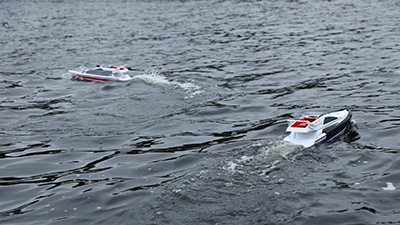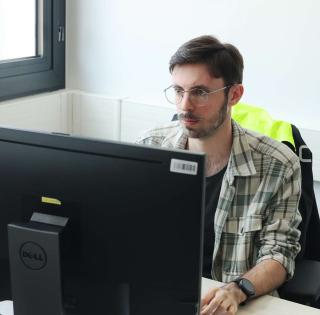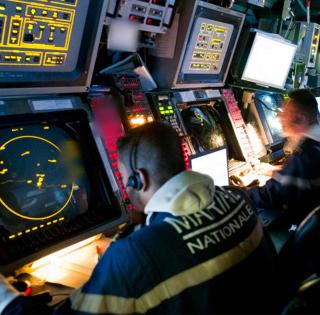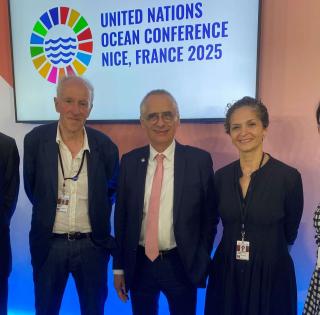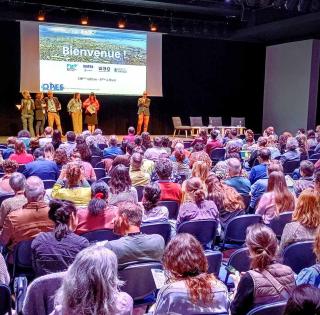
The MATRIX team studies the formulation of the problem and its solution, by looking at different layers:
- Modeling
- Optimization tools and methods
- Problem-solving and study criteria
Expertise
- Signal and image processing
- Machine learning
- Automation and dynamic systems
- Optimization
- Statistical methods
- Reinforcement learning
- Underwater acoustics
Examples of topics studied
- Monitoring of the underwater environment (seabed, water column fluctuations)
- Optimization methods and reinforcement learning for the biomedical sector
- Robust AUV control with machine learning
- Smart positioning of sensors for radar communications
- Metrology of IT networks and outlier detection
- Mathematical models of resilience
Collaborations
Some examples of partners with which this research is conducted.
-
Companies: Naval Group, THALES, ECA Group, iXblue
-
Institutions: DGA, SHOM, NATO/CMRE, ONERA, CHU Brest
-
Academia: Flinders University, Centrale Nantes, UTT Troyes, University of Bath, Sorbonne Université, Queen Mary University of London, AUCE (Lebanon), Crossing (Australia, CNRS, Flinders University), LATIM (Brest), Université de Strasbourg, Qingdao University, MIT, Syracuse University, Polytechnique Montreal
MATRIX is working on the autonomous control of AUVs (autonomous underwater vehicles) operating in complex, heterogeneous underwater environments.
Gilles Le Chenadec, research professor: "AUVs need long-term autonomy and adaptation capacities, and we are meeting this need by developing methods combining the traditional concepts of automation with concepts based on AI and more particularly on deep reinforcement learning. This approach is aimed at associating the formal evidence of stability and reliability of automation with machine learning capacities. One of the cases of application being studied is that of an AUV operating in currents of variable intensity."
Six people from Naval Group, Flinders University and ENSTA Bretagne are delving into this subject in a number of theses:
- One thesis (Yoann Sola), defended in 2021 and financed by the French Defense, Procurement and Technology Agency (DGA) and the Brittany Region, demonstrated the merits under simulation of this approach compared to conventional approaches, with a reduction in energy consumption.
- A second thesis concerns adapting to marine currents the parameters of control theory learned by machine learning and the transfer of this model learned under simulation to an actual AUV.
- A third thesis is due to begin at the end of 2022, on the subject of AUV internal failure detection and control.






